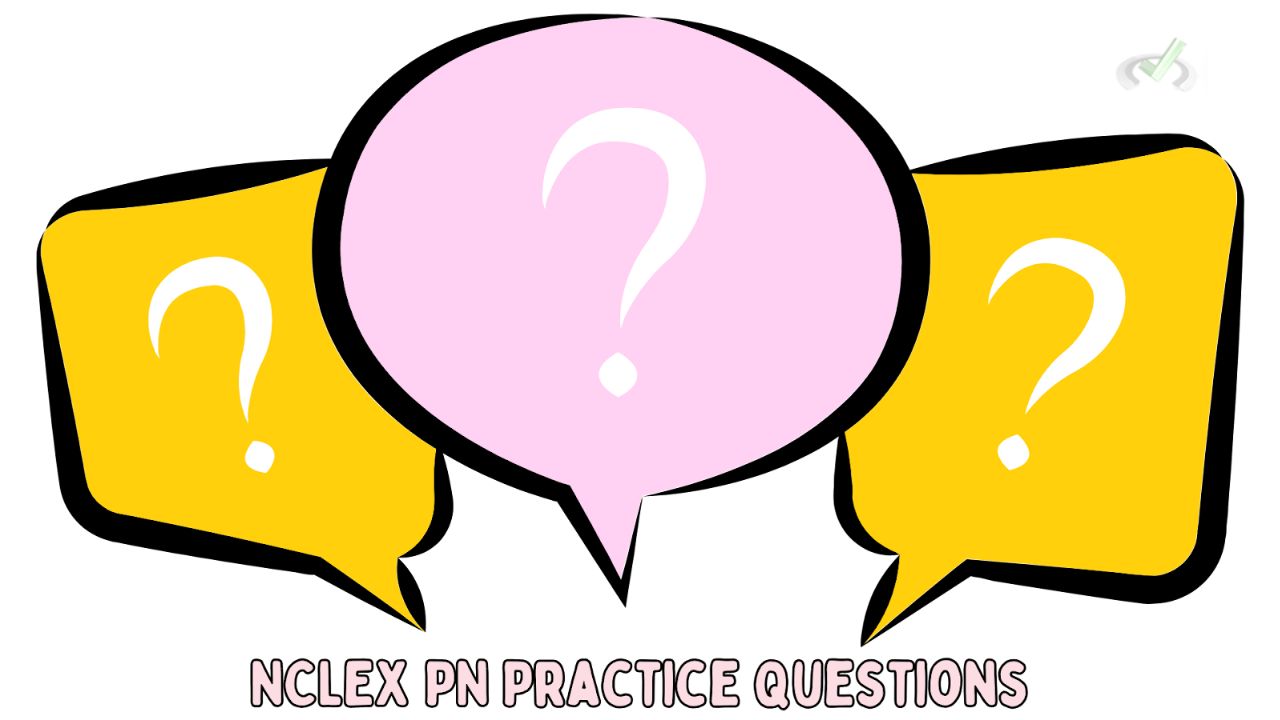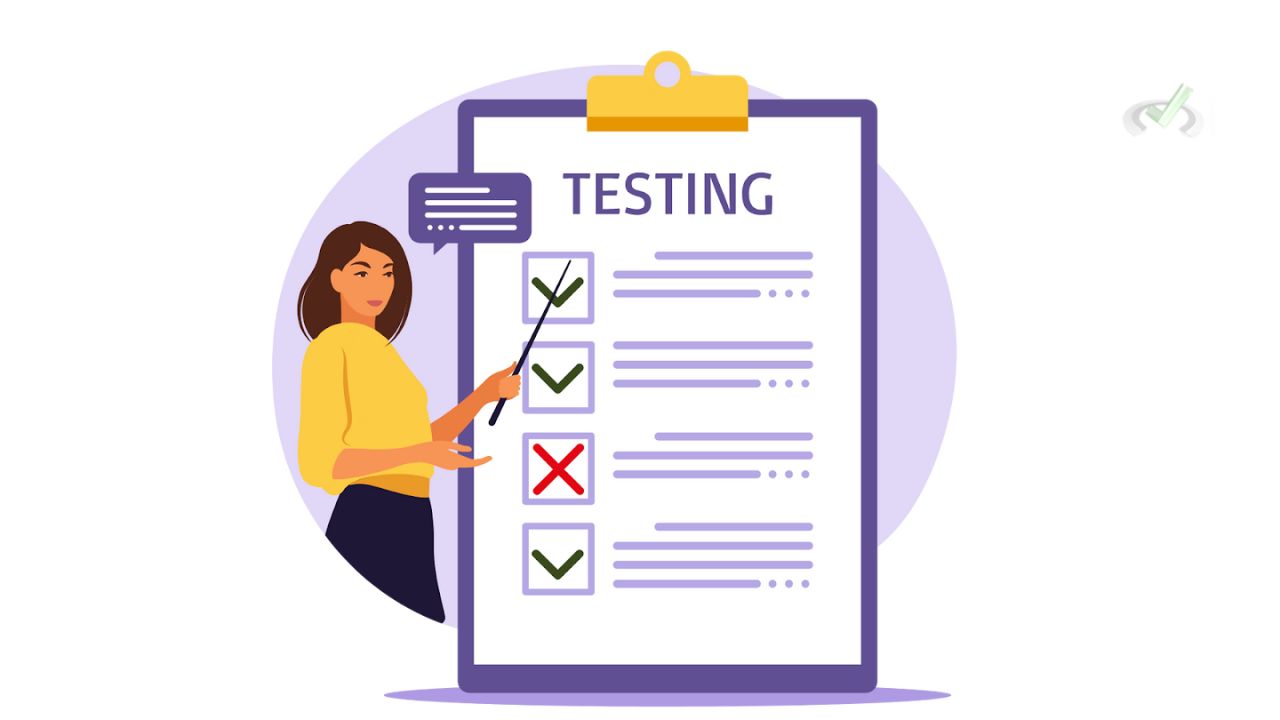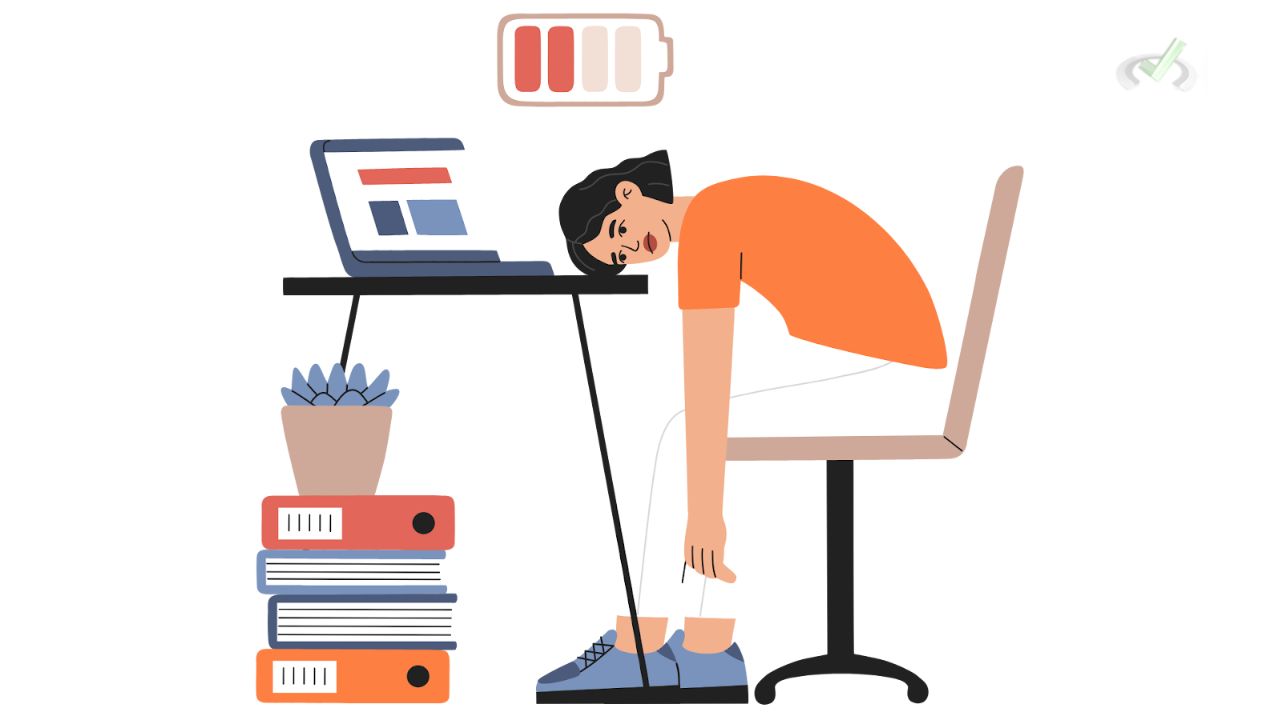
About 20% of people fail the NCLEX PN exam on their first try. That’s a rough statistic. This isn’t the kind of test you can fake your way through with flashcards and last-minute cramming.
It’s also not a quiz to see how well you can spit out facts. Exactly like in actual patient care this task tests your ability to think quickly, remain composed under duress and make judgments. This is where NCLEX PN practice questions are useful.
To be clear though, answering hundreds of questions isn't the secret. You must collaborate with them more strategically. How you approach these practice questions will determine how well or poorly you prepare.
They teach you the patterns, priorities, and traps that show up on the exam. But the goal here isn’t just getting the answers right—it’s knowing why an answer works and what makes other choices wrong.
This blog goes deep into how you can use NCLEX PN practice questions the right way. It’ll change how you study, how you think, and how you’ll feel when you sit down on test day.
Why NCLEX PN Practice Questions Are Your Best Friend
NCLEX PN practice questions aren’t just for “testing your knowledge.” These questions shape the way you think under pressure. And the exam knows how to mess with you—it uses adaptive testing.
That means the difficulty shifts depending on how well you answer. If you start strong, the questions get harder. If you slip, the questions ease up. You can’t brute force your way through this.
Practice questions help you predict patterns. They teach your brain to prioritize the right things fast. The NCLEX isn’t checking if you know every symptom of pneumonia—it’s seeing if you know what to do first when a patient struggles to breathe.
Stop Memorizing: Train Your Brain for Critical Thinking
Facts won’t carry you through this exam. You need to connect those facts to action. For example, it’s not enough to know potassium levels affect heart rhythms. The exam wants to know if you can spot that a patient on diuretics with muscle weakness might have low potassium—and what to do next.
The Psychology of Answering NCLEX PN Practice Questions

Sometimes the easy questions mess with you the most. They seem too obvious, and that makes you overthink. You might change your answer last second, only to find out your first instinct was right.
NCLEX PN practice questions teach you to spot these traps before they trip you up. You start seeing the way questions are framed and how they twist simple ideas to throw you off balance.
What Makes a Good NCLEX PN Practice Question Bank?
Not all practice questions are worth your time. A solid question bank challenges you while mimicking the style and difficulty of the real exam. It should help you build confidence and give you detailed feedback on your mistakes. Here’s what to look for when picking your practice bank:
Features of a Quality NCLEX PN Practice Bank
Strategy Matters: How to Use NCLEX PN Practice Questions the Right Way

Blasting through hundreds of questions without reflection won’t help you. Smart practice beats more practice every time. The key is to use questions as learning tools, not scorekeepers.
Effective Practice Strategy: Don’t Aim for 100% Correct
Hitting 100% on every practice test isn’t the goal. In fact, you’re better off scoring 60-70% and using the mistakes to guide your study. This shows you’re learning in real time. The NCLEX doesn’t need perfection—it needs consistency. The goal is to answer questions with confidence, not second-guess every decision.
Building Speed and Confidence: The Power of Timed Practice
You’ve got to manage your time well on exam day. With two minutes per question, it’s easy to panic and rush. Timed practice helps you stay calm and keep a steady pace. It also trains you to move on when you’re stuck instead of wasting time on one question.
Timed Practice Routine
The Most Common NCLEX PN Pitfalls—and How to Avoid Them
NCLEX PN Practice Questions: A Hidden Gem – Rationales

Rationales are where the magic happens. They break down each answer choice and explain why one option works better than the others. Even if you answer correctly, reading the rationale builds a deeper understanding of the topic.
How to Use Rationales to Your Advantage
How to Stay Consistent Without Burning Out
You can’t cram for this exam. Passing the NCLEX PN takes steady effort. Cramming adds stress and makes you forget important details. Instead, build a routine that helps you stay consistent without frying your brain.
Create a Practice Routine That Sticks
Test Day Prep: Your Final Practice Push
The week before the exam is all about full-length practice tests. This helps you build the stamina to handle the real thing. The NCLEX PN can last up to five hours, so you need to feel comfortable sitting and focusing for that long.
How to Simulate the Real Test Experience
In Conclusion, NCLEX PN Will Be Determined by the Quality of Your Practice Questions

Practice questions for the NCLEX PN are your best defense against test anxiety. They train your brain to think like a nurse, not just assess your knowledge. However, asking more questions isn't the key. The key is to do them correctly.
Learn from your mistakes, manage your time, and stay consistent. This way, you’ll head into the exam ready for whatever it throws at you. You don’t need to be perfect.
You just need to keep moving forward. Every question you answer brings you closer to becoming a licensed practical nurse. You’ve got this!
